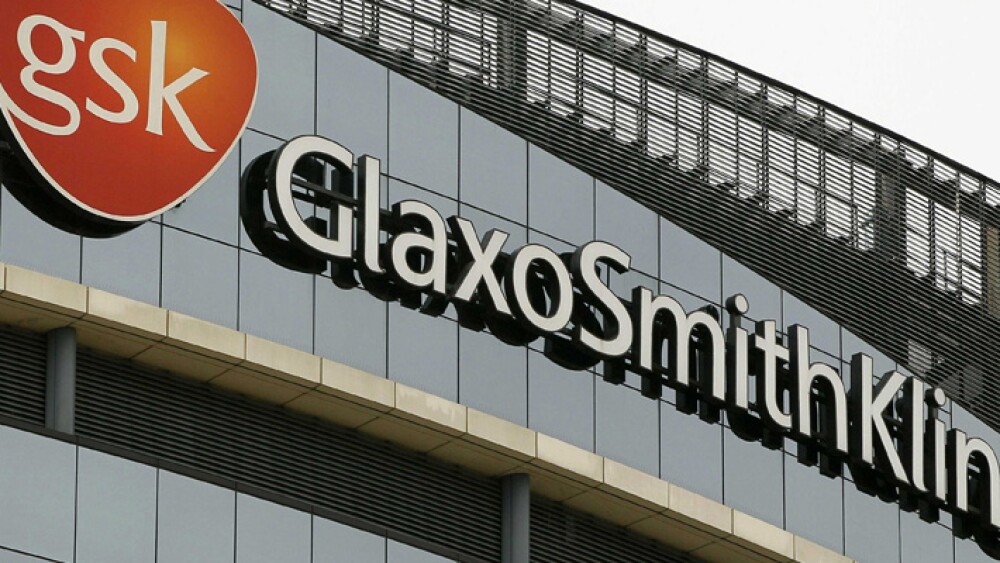February 25, 2016
By Alex Keown, BioSpace.com Breaking News Staff
PHILADELPHIA – Federal prosecutors alleged that officials within the Chinese government may have been involved in a scheme to steal billions of dollars worth of trade secrets from GlaxoSmithKline for use by a China-based company known as Renopharma, the Philadelphia Inquirer reported this morning.
In January five people, including two GlaxoSmithKline employees, were charged in a scheme to steal biopharmaceutical trade secrets from the United Kingdom-based company. Following an investigation by the Federal Bureau of Investigation, the U.S. Attorney’s Office charged Yu Xue, 45, of Wayne, Pa., Tao Li, 42, of Nanjing, China; Yan Mei, 36, of Nanjing, China; Tian Xue, 45, of Charlotte, N.C. and Lucy Xi, 38, of West Lake Village, Calif. with conspiracy to steal trade secrets, conspiracy to commit wire fraud, conspiracy to commit money laundering, theft of trade secrets, and wire fraud. Xue and Xi were scientists working at GSK’s research facility in Upper Merion, Pa., according to the indictment. The indictment alleges that unknown Chinese government officials held “under the table” deals with the accused scientists and their confederates. However, the Inquirer noted the defendants were not charged with economic espionage, which “requires proof that government officials were directly involved in the crime.”
In court filings, Assistant U.S. Attorney Robert Livermore said corrupt Chinese officials have been active supporters of Renopharma for many years, the Inquirer reported. The government cited some emails sent by Yu Xue, which said she had identified two Chinese officials who would invest in Renopharma, the Inquirer said. Renopharma’s financial records from 2014 show the company received the equivalent of $300,000 from Chinese government funds, the Inquirer said.
However, during a hearing on Wednesday, lawyers for the defendants called the prosecution’s claims a “fantastical assertion,” the Inquirer reported. The defense pointed to a number of cases accusing the Chinese government of sponsoring the theft of trade secrets, including the case of a Temple University physicist, which was ultimately thrown out over a misunderstanding of the technology.
But for the GlaxoSmithKline issue, the government alleges the defendants engaged in a scheme to steal trade secrets related to GSK research data, procedures, and manufacturing processes for biopharmaceutical products. Many of the biopharmaceutical products targeted were designed to treat cancer or other serious diseases, the indictment said. One product under development was a monoclonal antibody designed to link to HER3 receptors on human body cells.
The indictment said Yu Xue, also known as “Joyce,” worked as a research scientist developing various biopharmaceutical products for GSK facility from June 2006 until January of this year. According to the indictment she emailed various GSK trade secrets to her confidants and also downloaded proprietary information to a thumb drive. Information Xue allegedly stole from GSK included the protein sequences needed to construct the HER3 product.
The indictment said Xi, who worked as a scientist at GSK from July 14, 2008 until Nov. 3, 2015, emailed trade secrets and confidential information to her husband, Yan Mei, during her employment with the company.
The defendants planned to use GSK’s proprietary information to launch their own company and sell the products in China. The U.S. attorney’s office said Yu Xue, Tao Li, and Yan Mei set up a corporation in China called Renopharma to carry out their plan.
If convicted of all charges, each defendant faces a possible prison term, fines, restitution, special assessments and a term of supervised release, the U.S. Attorney’s Office said.





